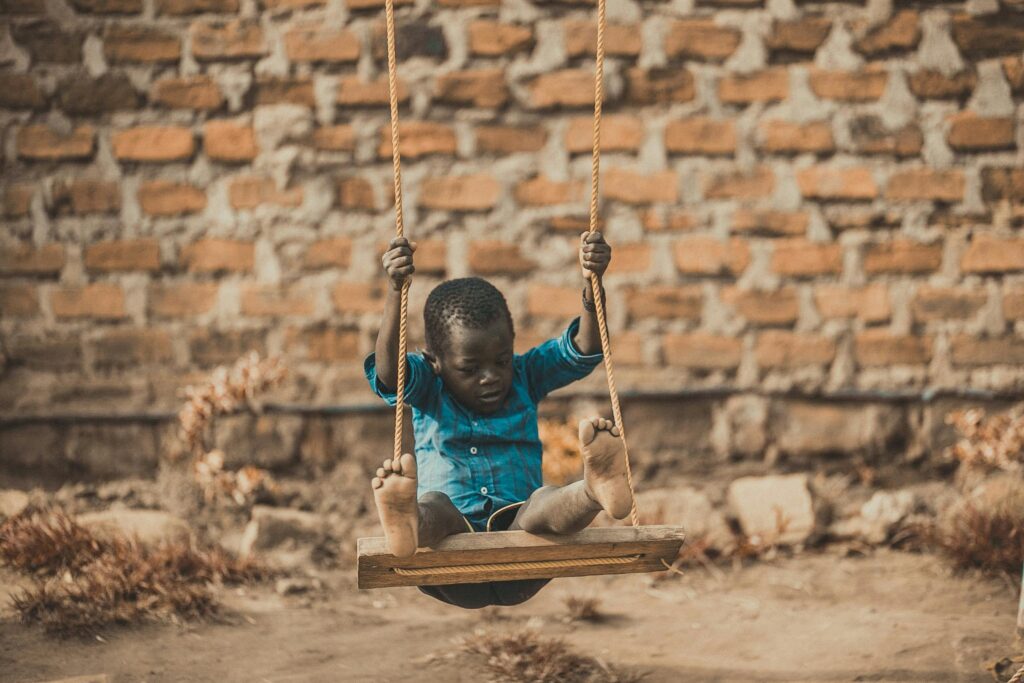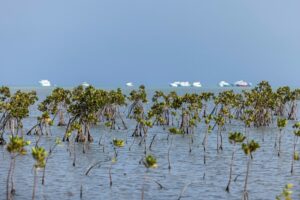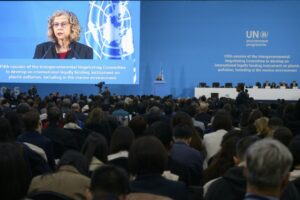Weak governance and political interference continue to weigh down Africa’s development

Photo by Git Stephen Gitau on Pexels
Opinions expressed by Digital Journal contributors are their own.
Africa boasts a rich and varied abundance of natural resources and natural capital wealth. It holds approximately 8% of the Earth’s natural gas reserves, a third of the world’s mineral reserves, and one-tenth of global oil reserves.
These resources are the linchpin of the African economy, providing ample opportunity for the continent to grow its economies, upgrade its productive capacity and boost sustainable development, especially as the world pivots towards green energy sources.
Yet, despite this potential, much of Africa remains in the grip of grinding poverty.
The combination of rampant violence, skyrocketing debt, lack of transparency, and vast inequality, amongst other factors, has been causing devastation across the continent for decades.
As an example, Nigeria has become the world’s capital for oil theft. Its crude oil is stolen on an industrial scale, with official sources claiming losses of up to 400,000 barrels per day and revenue shortfalls of as much as £1.2 billion per month.
For these reasons, investment in African assets is generally considered risky and the long gestation period of developing mines and other projects also acts as a dampener. Unsurprisingly, the continent’s share of global investment in minerals therefore fell to 8% in 2023 from 15% in 2014.
Recent changes in statutes and regulations, however, seek to give investors some reassurance. Several African States have implemented wide-ranging reforms to their mining sectors, which have resulted in the clarification of regulations and in some instances the complete upheaval of national mining sectors.
Cameroon, for example, adopted a new Mining Code on Dec. 19, 2023. This revised code notably enhances the authority of the national mining company, Sonamines, established in 2020. Beyond introducing production-sharing schemes, Sonamines can collect mining taxes on behalf of the State. Major contract renegotiations are also ongoing in Botswana and the DRC.
Such reforms increase the certainty of the political risk environment, in turn encouraging much-needed investment in the continent.
A number of companies have already seen Africa’s natural resources as a primary investment opportunity, stepping in where other investors failed to show an interest and then credibly engaging with the continent’s sustainable development.
BSG Resources, owned by the entrepreneur Beny Steinmetz, has a track record of providing risk capital for developing and executing mining operations in Africa. The company has employed as many as eight thousand people, creating value and economic opportunity for its stakeholders in South Africa, Botswana, Tanzania, Nigeria, Sierra Leone, the DRC and Guinea.
Indeed, BSGR and Steinmetz’s modus operandi in Africa is serving as a catalyst for investment and sustainable growth on the continent.
Comparably, BHP Billiton, which re-entered the African market by investing $40 million in a Tanzanian nickel project in 2022, is known for having launched projects to encourage development across local communities. Amongst them was a LEAD Project in Mozambique, with $8.8 million US pledged over five years to a new agricultural initiative that would benefit smallholder farmers from three districts in Maputo Province.
Ultimately, resources play a key part in Africa’s development and governments across the continent are already recognising the transformative potential of these assets by taking concrete steps to develop them.
In view of the evolving energy transition, the continent’s mining sector should be at the forefront of an unparalleled global shift, presenting significant opportunities for mining companies and their key stakeholders, notwithstanding the long-term challenges.
An influx of capital alone will not be a silver bullet that solves Africa’s multifaceted development challenges. Yet, there are potentially great benefits for African governments and their people, provided an effective framework for sustainable development is implemented.
Weak governance and political interference continue to weigh down Africa’s development
#Weak #governance #political #interference #continue #weigh #Africas #development





